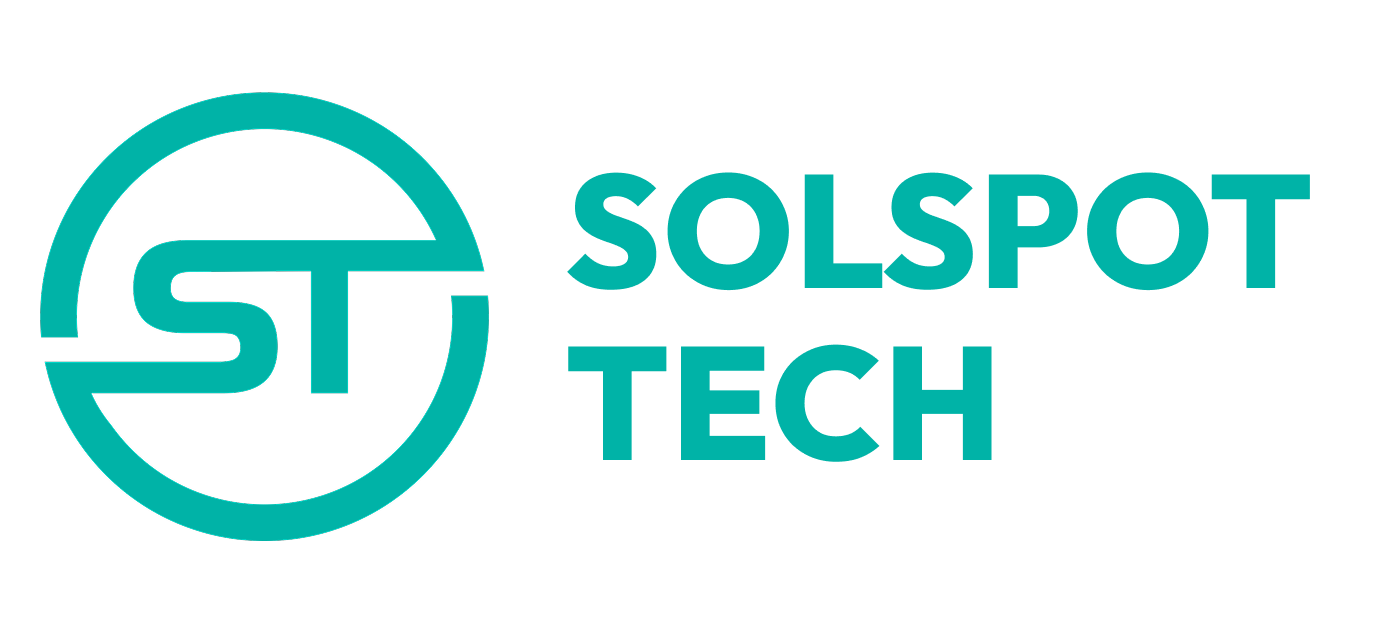- Beyond the Scoreline: Shifting dynamics in European football news reveal Manchester United’s tactical overhaul and a dramatic title race development.
- Manchester United’s Tactical Transformation Under Ten Hag
- The Title Race Heats Up: Arsenal’s Challenge to Manchester City
- The Role of Midfield Battle in Key Matches
- Transfer Window Implications: January Acquisitions and Their Impact
- Injury Concerns and Squad Depth
Beyond the Scoreline: Shifting dynamics in European football news reveal Manchester United’s tactical overhaul and a dramatic title race development.
The landscape of football news is constantly evolving, demanding both speed and depth in its coverage. Increasingly, fans aren’t simply satisfied with match results; they crave insightful analysis, tactical breakdowns, and an understanding of the broader narratives shaping the beautiful game. This shift has led to a proliferation of platforms – from traditional sports outlets to independent blogs and social media channels – all vying for attention in a fiercely competitive market. Understanding these evolving dynamics is crucial for both fans and those working within the sports media industry.
Furthermore, the rise of data analytics has revolutionized how football is understood and reported. Teams now utilize sophisticated metrics to evaluate player performance, identify tactical weaknesses, and inform transfer strategies. As a result, modern football analysis frequently incorporates statistical insights, pushing beyond subjective opinions and anecdotal evidence. This analytical trend, combined with instant access to information, has fundamentally altered the way audiences consume football content.
Manchester United’s Tactical Transformation Under Ten Hag
Erik ten Hag’s arrival at Manchester United has heralded a noticeable shift in the club’s tactical approach. After years of tactical inconsistency, the Dutch manager has instilled a clearer playing philosophy centered on pressing, quick transitions, and a proactive style of play. This has involved a significant overhaul of the squad, with new signings brought in to fit ten Hag’s system and several underperforming players moved on. While not yet fully realized, the foundations for a more cohesive and effective playing style are undeniably in place, evidenced by improved performances against traditionally difficult opponents.
A key element of Ten Hag’s strategy is the increased emphasis on controlling possession in key areas of the pitch. He wants his midfield to dictate the tempo of games and create opportunities for the forwards. This is reflected in the player profiles he actively targets during recruitment. The tactical flexibility implemented, however, heavily depends on potentially a key injury, and capitalizing on momentary breakthroughs. The manager’s ability to adapt to different opponents will be critical to United’s long-term success.
| Bruno Fernandes | Key Passes per 90 | 15% |
| Casemiro | Tackles Won per 90 | 22% |
| Marcus Rashford | Goals per 90 | 30% |
| Lisandro Martinez | Interceptions per 90 | 18% |
The Title Race Heats Up: Arsenal’s Challenge to Manchester City
The English Premier League title race is proving to be one of the most compelling in recent memory, with Arsenal mounting a genuine challenge to Manchester City’s dominance. For years, City have largely dictated the title outcome, however, Arsenal’s summer recruitment and consistent performances have thrown the established order into question. Mikel Arteta’s team exhibits a potent combination of youthful energy, tactical cohesion, and a strong team spirit. Several unexpected results from other teams have also contributed to the unpredictable season.
Arsenal’s success hinges on their ability to maintain consistency throughout the campaign. Early-season form has been impressive; however, maintaining that level of performance when faced with the pressure of a title chase is key. City’s experience in these situations gives them a significant advantage, but Arsenal’s proactive style of play and dynamic attacking options pose a real threat. The head-to-head encounters between the two clubs will likely decide the ultimate outcome.
- Key factors in Arsenal’s challenge: a solid defense, goalscoring prowess from Bukayo Saka and Gabriel Martinelli, and tactical flexibility.
- Manchester City’s strengths: experience, depth of squad, and the brilliance of Erling Haaland.
- Potential disruptors: Liverpool’s resurgence and the consistent performance of other top-six clubs.
- The impact of injuries: both teams will need to manage injuries to key players effectively.
The Role of Midfield Battle in Key Matches
The midfield battle will be paramount in the most important games of the season. Arsenal’s Thomas Partey and Martin Odegaard provide a dynamic combination of defensive solidity and creative flair, constantly attempting to dictate play. Conversely, Manchester City boasts the likes of Rodri and Kevin De Bruyne, each capable of controlling possession and executing incisive passes. Whoever wins the midfield consistently will likely control the tempo of the match and dictate the outcome. Understanding the nuance of individual matchups and adopting appropriate strategy will be vital. The impact of tactical flexibility to counter opposition’s styles could potentially swing results.
The effectiveness of pressing schemes initiated from the midfield is equally crucial. Both teams favor pressing high up the pitch, attempting to win possession in dangerous areas, creating opportunities for quick attacks. However, the skill in pressing remains contingent on coordinated effort and precise timing. The capacity to recover possession quickly, shield the defense and then convert those wins into offensive threats frequently defines the rhythm of the game. Therefore, a rigorously structured and consistently executed midfield is imperative.
Analysis of the midfield matchups reveals that Arsenal’s success often rests on disrupting City’s passing lanes and forcing errors. Arteta’s pressing-focused style emphasizes overwhelming the opposing midfield, forcing quick turnovers and giving Arsenal attacking momentum. City, on the other hand, often looks to bypass the midfield entirely. Haaland relies on direct passes from the deeper-lying players, attempting to exploit space behind the defensive line. The ability to counter this strategy will be vital for Arsenal.
Transfer Window Implications: January Acquisitions and Their Impact
The January transfer window offers an opportunity for both Arsenal and Manchester City to address weaknesses in their squads and bolster their title ambitions. However, a prudent approach is essential, as hasty signings can disrupt team chemistry and fail to deliver the desired impact. Arsenal might look to strengthen their defensive options, while City could explore adding another creative midfielder to provide cover for Kevin De Bruyne, consistently tested and challenged in crucial matches. These types of moves could ultimately be the difference between success and failure. Each acquisition should enhance the tactical scope available to each manager.
The availability of quality players in January is often limited, and clubs may be forced to overpay for their targets. Consequently, focusing on loan deals or players whose contracts are expiring at the end of the season can represent a more financially sensible approach. Scouting networks will be critical in identifying potential recruits who possess the qualities and character to integrate seamlessly into their respective teams. A structured and thorough recruitment approach is imperative for long-term sustainability.
Beyond immediate squad strengthening, a second element of attention could come from leveraging existing players’ development. This entails creating optimised levels of personalised fitness regimes for each individual, enhancing strengths and minimising vulnerability. Some managers may strategically loan out promising youth players to gain first-team experience, ensuring their continued progress and a potential return to the squad in the future. The synergy between strategic transfer activity and internal player evolution could mark an impactful period for both teams.
Injury Concerns and Squad Depth
Maintaining squad depth is vital throughout a grueling season, and unexpected injuries can derail even the most meticulously crafted plans. Arsenal’s reliance on key players like Bukayo Saka and Martin Odegaard leaves them somewhat vulnerable if either were to suffer a significant injury. Manchester City, with its greater financial resources, boasts a larger and arguably more resilient squad, enabling them to cope with absences more effectively. This difference in depth could become pronounced as the season progresses and fatigue accumulates. Effective contingency planning is crucial.
The ability to rotate players effectively without sacrificing quality is another crucial factor. Ten Hag and Arteta must carefully manage the workload of their key players, balancing the need to win matches with the importance of preserving fitness for the long term. Using the appropriate tactical adjustment when modifying squads is important too. Overplaying individuals increases the risk of injury and diminishes performance levels. A well-balanced squad with clear tactical flexibility enhances a team’s potential for sustained success.
Successfully navigating these challenges necessitates a holistic approach encompassing preventative injury management, comprehensive recovery protocols, and a deep understanding of player conditioning. Regular assessments, tailored training regimes, and consultation with sports science staff could ensure optimal physical readiness and minimize the risk of setbacks. Consequently, building a winning team requires a collaborative effort bringing together the performance prowess of their personnel with astute injury prevention and personalised care.
| Arsenal | Bukayo Saka (Hamstring) | 3 |
| Manchester City | Kevin De Bruyne (Muscle Fatigue) | 5 |
| Liverpool | Virgil van Dijk (Recurring Issues) | 4 |
| Tottenham Hotspur | Richarlison (Persistent Issue) | 2 |
- Maintaining a consistent starting line-up is often cited as a source of stability, but the depth of resources provides a luxury to adapt.
- Focusing on preventative injury protocols will be vital in mitigating against potential squad depth issues.
- Data modelling could proactively identify fatigue risks and reclaim competitive edge.
- Successful strategies in squad management correlate with overall title probability.
The Premier League title race promises to be an enthralling spectacle. With Arsenal and Manchester City both possessing formidable qualities, the outcome remains exceptionally difficult to predict. A combination of tactical acumen, squad depth, and a slice of luck will ultimately determine which team emerges victorious. The level of competition shows how drastically European football has evolved.

